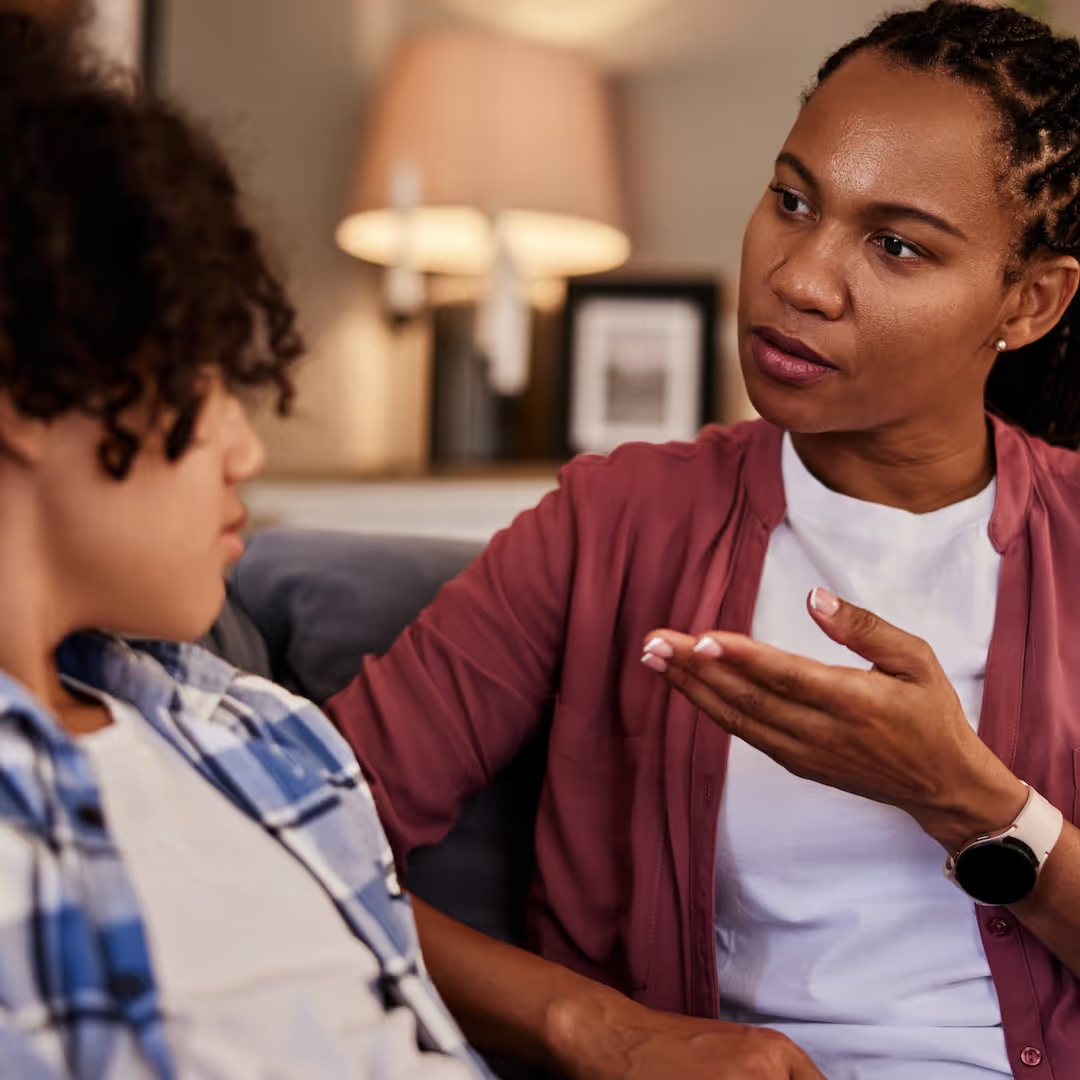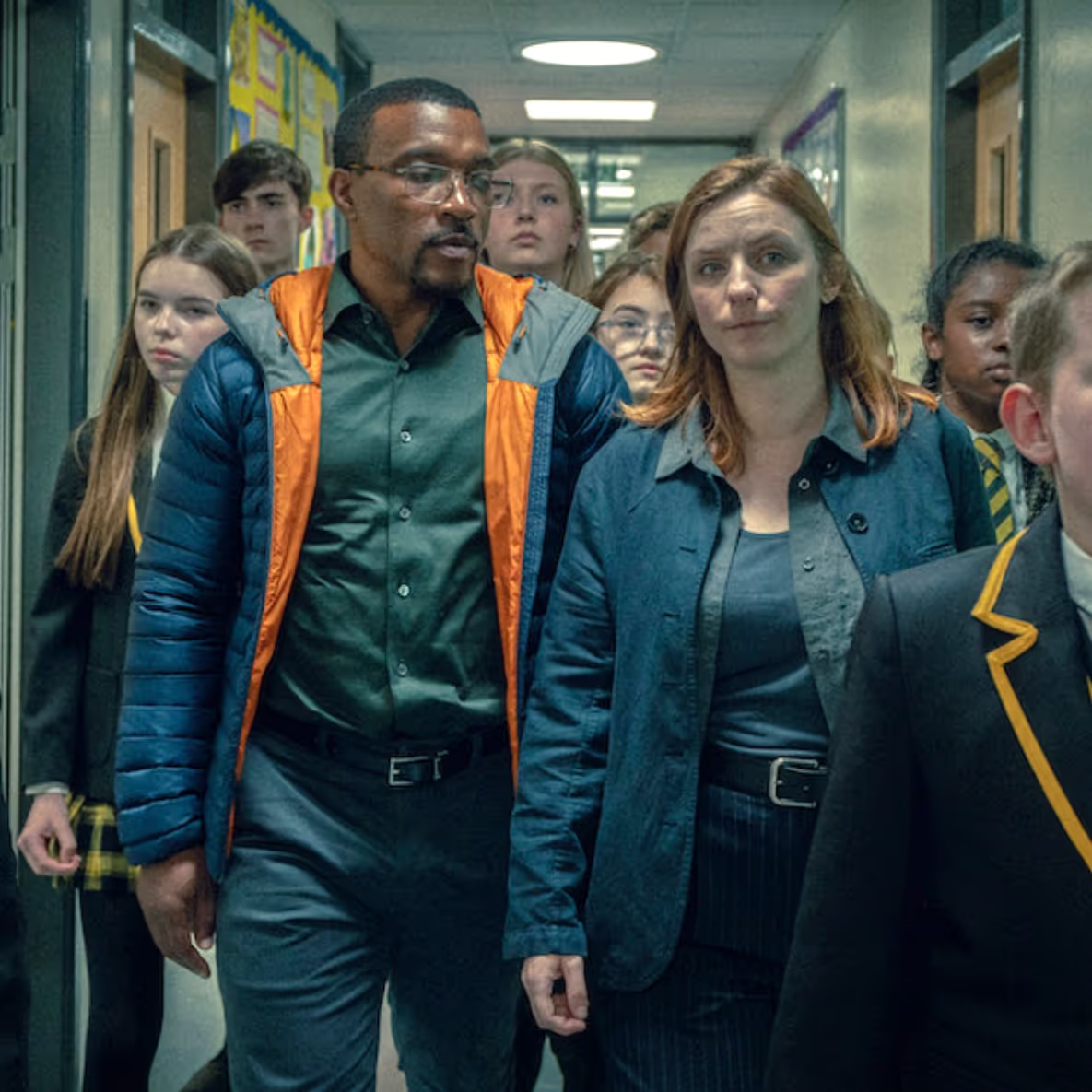


Teenage years bring a lot of firsts. For most, it means the first date, first kiss, first job and perhaps first time driving a car. It’s the time when schoolyard crushes turn into romantic relationships and, for the teens of today, social media often plays a big role.
Flirting can happen via text, Snapchat, and other platforms. According to a study by the Pew Research Center, 63% of teens with dating experience have sent flirtatious messages to someone they like, and 14% of teens without dating experience have done so.
Often teens will say things online such as “hey you are cute” and other compliments. Teens tell me that they would not say these things face-to-face but online it is fun. Often a person can tell someone is interested just by whether they send a Snapchat or a direct text (a direct text carries more weight).
Clearly, tweens and teens might not have any interest in discussing flirting with their parents. But I believe that talking about the pressure that can come along with, or masquerade as flirting, is important. Masquerading is when a person is more interested in “hooking up” than they are getting to know someone better and moving toward a relationship. (The term “hooking up” is ambiguous, it includes anything from kissing to sex. Unfortunately, the clearer term “making out” no longer exists).
The Pew study examined the extent to which not all flirting behavior is appreciated or appropriate. Thirty-five percent of teen girls surveyed had blocked or unfriended someone who was flirting in a way that made them uncomfortable, which is double the 16% of boys who had taken that step. And 10% of teens who were in a relationship reported their partner used the internet to pressure them to engage in unwanted sexual activity.
Even though teens may be well-versed in using and communicating via text messaging and social media, they surely have things to contemplate regarding relationships—we all do.
Discussing personal issues with youth (and, yes, their social world does feel very personal to them) can be nerve-wracking for parents. This national survey should give you gusto. It found that kids age 10-15 are ready to talk about tough issues before their parents are, including the issue of being pressured into sexual activity.
Putting on my “curious cap,” and gripping it tightly, is my most effective way of approaching topics on relationships with my teens, which includes what is appropriate to do on social media. When I find wanting to chime in with “don’t do this” and “do that,” I cover my mouth with my imaginary cap because I know such phrases will shut my teens down. When I lead with my “curious cap” on, and ask them questions about what they are seeing, their opinions, etc., often my concerns get raised in a manner that helps my teens come to the conclusions I hoped for. If in the conversation I am not getting the impression that they know the risks of things like begging for photos, sending them (which I have written about in the past) then, by all means, I tell them the risks.
I am continually reminded that when we, as parents, as teachers, as mentors, wear our “curious caps” rather than our judgmental ones, teens are much more likely to come to us when issues arise. Many teens want to turn to key adults in their lives but they will not reach out if they feel the judgment and punishment will be too severe.
** By the way, I would love your input on upcoming TTTs that I am working on: Do you know of parent groups forming to help prevent excessive screen time? What examples do you know of an adult learning to handle their innate discomfort of saying “no” to children (particularly around excessive screen time)? I have many many more topics up my sleeve, and I always enjoy hearing from you about topics you want to be addressed. So please hit reply and email me.
Thousands of schools around the world have presented Screenagers to their students, staff, and families, and many tell us they are committed to continuing the conversation around supporting screen time balance for their students. Educators can now access the film plus a 3-part Professional Development series developed by Learners Edge and Screenagers to dramatically impact the culture of learning in your school. Request more information about this 6-hour ready-to-use Professional Development module.
Learn more about showing our movies in your school or community!
Join Screenagers filmmaker Delaney Ruston MD for our latest Podcast

Learn more about our Screen-Free Sleep campaign at the website!
Our movie made for parents and educators of younger kids
Learn more about showing our movies in your school or community!
Learn more about showing our movies in your school or community!
Join Screenagers filmmaker Delaney Ruston MD for our latest Podcast

Learn more about our Screen-Free Sleep campaign at the website!
Our movie made for parents and educators of younger kids
Join Screenagers filmmaker Delaney Ruston MD for our latest Podcast
As we’re about to celebrate 10 years of Screenagers, we want to hear what’s been most helpful and what you’d like to see next.
Please click here to share your thoughts with us in our community survey. It only takes 5–10 minutes, and everyone who completes it will be entered to win one of five $50 Amazon vouchers.
Teenage years bring a lot of firsts. For most, it means the first date, first kiss, first job and perhaps first time driving a car. It’s the time when schoolyard crushes turn into romantic relationships and, for the teens of today, social media often plays a big role.
Flirting can happen via text, Snapchat, and other platforms. According to a study by the Pew Research Center, 63% of teens with dating experience have sent flirtatious messages to someone they like, and 14% of teens without dating experience have done so.
Often teens will say things online such as “hey you are cute” and other compliments. Teens tell me that they would not say these things face-to-face but online it is fun. Often a person can tell someone is interested just by whether they send a Snapchat or a direct text (a direct text carries more weight).
Clearly, tweens and teens might not have any interest in discussing flirting with their parents. But I believe that talking about the pressure that can come along with, or masquerade as flirting, is important. Masquerading is when a person is more interested in “hooking up” than they are getting to know someone better and moving toward a relationship. (The term “hooking up” is ambiguous, it includes anything from kissing to sex. Unfortunately, the clearer term “making out” no longer exists).
The Pew study examined the extent to which not all flirting behavior is appreciated or appropriate. Thirty-five percent of teen girls surveyed had blocked or unfriended someone who was flirting in a way that made them uncomfortable, which is double the 16% of boys who had taken that step. And 10% of teens who were in a relationship reported their partner used the internet to pressure them to engage in unwanted sexual activity.
Even though teens may be well-versed in using and communicating via text messaging and social media, they surely have things to contemplate regarding relationships—we all do.
Discussing personal issues with youth (and, yes, their social world does feel very personal to them) can be nerve-wracking for parents. This national survey should give you gusto. It found that kids age 10-15 are ready to talk about tough issues before their parents are, including the issue of being pressured into sexual activity.
Putting on my “curious cap,” and gripping it tightly, is my most effective way of approaching topics on relationships with my teens, which includes what is appropriate to do on social media. When I find wanting to chime in with “don’t do this” and “do that,” I cover my mouth with my imaginary cap because I know such phrases will shut my teens down. When I lead with my “curious cap” on, and ask them questions about what they are seeing, their opinions, etc., often my concerns get raised in a manner that helps my teens come to the conclusions I hoped for. If in the conversation I am not getting the impression that they know the risks of things like begging for photos, sending them (which I have written about in the past) then, by all means, I tell them the risks.
I am continually reminded that when we, as parents, as teachers, as mentors, wear our “curious caps” rather than our judgmental ones, teens are much more likely to come to us when issues arise. Many teens want to turn to key adults in their lives but they will not reach out if they feel the judgment and punishment will be too severe.
** By the way, I would love your input on upcoming TTTs that I am working on: Do you know of parent groups forming to help prevent excessive screen time? What examples do you know of an adult learning to handle their innate discomfort of saying “no” to children (particularly around excessive screen time)? I have many many more topics up my sleeve, and I always enjoy hearing from you about topics you want to be addressed. So please hit reply and email me.
Thousands of schools around the world have presented Screenagers to their students, staff, and families, and many tell us they are committed to continuing the conversation around supporting screen time balance for their students. Educators can now access the film plus a 3-part Professional Development series developed by Learners Edge and Screenagers to dramatically impact the culture of learning in your school. Request more information about this 6-hour ready-to-use Professional Development module.
Sign up here to receive the weekly Tech Talk Tuesdays newsletter from Screenagers filmmaker Delaney Ruston MD.
We respect your privacy.
Teenage years bring a lot of firsts. For most, it means the first date, first kiss, first job and perhaps first time driving a car. It’s the time when schoolyard crushes turn into romantic relationships and, for the teens of today, social media often plays a big role.
Flirting can happen via text, Snapchat, and other platforms. According to a study by the Pew Research Center, 63% of teens with dating experience have sent flirtatious messages to someone they like, and 14% of teens without dating experience have done so.
Often teens will say things online such as “hey you are cute” and other compliments. Teens tell me that they would not say these things face-to-face but online it is fun. Often a person can tell someone is interested just by whether they send a Snapchat or a direct text (a direct text carries more weight).
Clearly, tweens and teens might not have any interest in discussing flirting with their parents. But I believe that talking about the pressure that can come along with, or masquerade as flirting, is important. Masquerading is when a person is more interested in “hooking up” than they are getting to know someone better and moving toward a relationship. (The term “hooking up” is ambiguous, it includes anything from kissing to sex. Unfortunately, the clearer term “making out” no longer exists).
The Pew study examined the extent to which not all flirting behavior is appreciated or appropriate. Thirty-five percent of teen girls surveyed had blocked or unfriended someone who was flirting in a way that made them uncomfortable, which is double the 16% of boys who had taken that step. And 10% of teens who were in a relationship reported their partner used the internet to pressure them to engage in unwanted sexual activity.
Even though teens may be well-versed in using and communicating via text messaging and social media, they surely have things to contemplate regarding relationships—we all do.
Discussing personal issues with youth (and, yes, their social world does feel very personal to them) can be nerve-wracking for parents. This national survey should give you gusto. It found that kids age 10-15 are ready to talk about tough issues before their parents are, including the issue of being pressured into sexual activity.
Putting on my “curious cap,” and gripping it tightly, is my most effective way of approaching topics on relationships with my teens, which includes what is appropriate to do on social media. When I find wanting to chime in with “don’t do this” and “do that,” I cover my mouth with my imaginary cap because I know such phrases will shut my teens down. When I lead with my “curious cap” on, and ask them questions about what they are seeing, their opinions, etc., often my concerns get raised in a manner that helps my teens come to the conclusions I hoped for. If in the conversation I am not getting the impression that they know the risks of things like begging for photos, sending them (which I have written about in the past) then, by all means, I tell them the risks.
I am continually reminded that when we, as parents, as teachers, as mentors, wear our “curious caps” rather than our judgmental ones, teens are much more likely to come to us when issues arise. Many teens want to turn to key adults in their lives but they will not reach out if they feel the judgment and punishment will be too severe.
** By the way, I would love your input on upcoming TTTs that I am working on: Do you know of parent groups forming to help prevent excessive screen time? What examples do you know of an adult learning to handle their innate discomfort of saying “no” to children (particularly around excessive screen time)? I have many many more topics up my sleeve, and I always enjoy hearing from you about topics you want to be addressed. So please hit reply and email me.
Thousands of schools around the world have presented Screenagers to their students, staff, and families, and many tell us they are committed to continuing the conversation around supporting screen time balance for their students. Educators can now access the film plus a 3-part Professional Development series developed by Learners Edge and Screenagers to dramatically impact the culture of learning in your school. Request more information about this 6-hour ready-to-use Professional Development module.

More than half of teens ages 12–17 don’t know what sextortion is, despite nearly 1 in 5 reporting they experienced it as minors. New data from Thorn shows sextortion often involves demands for more images, in-person meetings, or ongoing relationships, and increasingly includes deepfake images. Awareness, clear definitions, and knowing where to get help are critical for prevention and response.
READ MORE >
So what is pornography, and how do we talk with our young people about this prickly topic? Every time I sit down to write about this, I feel a bit of sadness and, frankly, disbelief. It’s hard to accept that we’ve created a society where youth can be just a click away from all sorts of highly explicit sexual material. And yes, parental controls and blockers can help, but the internet is everywhere, and chances are, they will see things somewhere. But we have to talk about it.
READ MORE >
In today's blog I introduce and give a brief summary of my recent podcast conversation with Jo-Ann Finkelstein, PhD, psychologist and author of Sexism and Sensibility, where we spoke about many topics such as how to raise girls with fierce ambition and critical awareness of gender inequality without making them feel disheartened? And how we can help boys understand the hidden costs of rigid masculinity without shaming them into silence?
READ MORE >for more like this, DR. DELANEY RUSTON'S NEW BOOK, PARENTING IN THE SCREEN AGE, IS THE DEFINITIVE GUIDE FOR TODAY’S PARENTS. WITH INSIGHTS ON SCREEN TIME FROM RESEARCHERS, INPUT FROM KIDS & TEENS, THIS BOOK IS PACKED WITH SOLUTIONS FOR HOW TO START AND SUSTAIN PRODUCTIVE FAMILY TALKS ABOUT TECHNOLOGY AND IT’S IMPACT ON OUR MENTAL WELLBEING.
